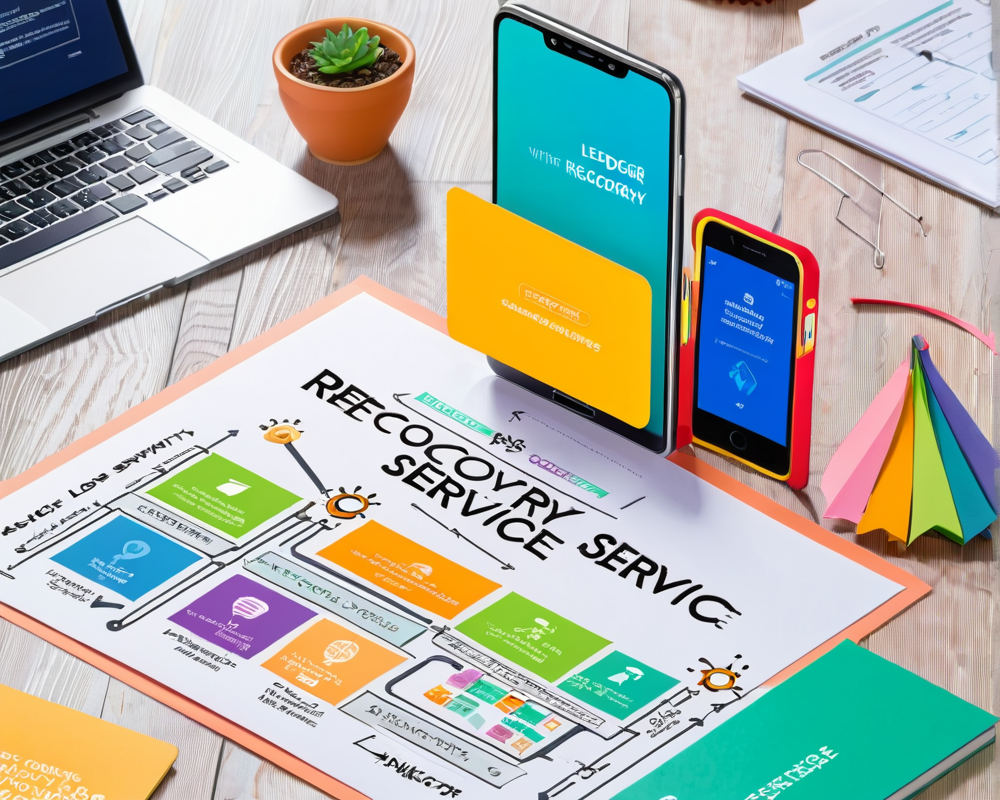Understanding the Shift Towards Self-Custody
The crypto landscape is shifting, and self-custody is gaining momentum. Investors are increasingly asking for transparency about their assets stored on exchanges. Recent events have highlighted the risks associated with centralized custodianship, especially following the notorious fall of FTX.
The Wake-Up Call from FTX
Many crypto holders had put their faith in exchanges to safeguard their investments. However, when FTX’s CEO, Sam Bankman-Fried, was found to be misusing users’ funds, the trust that had been built over years came crashing down. The aftermath saw a cry for accountability, with exchanges now compelled to share wallet information to prove they actually hold the assets they claim.
Lessons Learned
Investors learned the hard way that keeping savings on exchanges is a gamble. Ray Youssef, the CEO of Paxful, is proactively beating the drum for self-custody, warning users to move their digital assets off the exchange after the FTX disaster. He tweeted:
“Will be sending an email every week strongly advising our people to never keep savings on any exchange, including @paxful.”
Ray Youssef’s Stand on Self-Custody
Youssef’s call for self-custody isn’t just a trend; it’s a responsibility he feels for his millions of users. He insists that while Paxful can handle transactions, your long-term assets shouldn’t be laying around on the exchange, vulnerable to potential mishaps.
The Message to Users
Youssef’s commitment is clear:
“You should not keep your saving on Paxful, or any exchange. Only keep what you trade here.”
He emphasizes that users must take control themselves because, as he astutely puts it, “you’re at the mercy of their morals.” How comforting!
The Bitcoin Advantage
Thanks to the ingenuity of Satoshi Nakamoto, Bitcoin grants holders unparalleled freedom from centralized manipulation. Youssef champions this asset for empowering individuals, illustrating the essence of self-control:
“the chance to finally be in control.”
Self-custody allows users to create their own bank and ditch the traditional risks associated with custodians.
Ethical Considerations and Future Moves
Alongside advocating for self-custody, Youssef has decided to delist Ether (ETH) from Paxful. This move is in response to criticisms regarding Ethereum’s protocol integrity. He aims to create a trusted environment by ensuring that only assets with solid foundations remain available on his platform.
The Road Ahead for Investors
With a heightened sense of caution, investors are now reconsidering their strategies. The message from Youssef and recent events underlines a growing sentiment: taking charge of your own assets is not just safe; it’s the future. Who wouldn’t want to be their own financial superhero?



